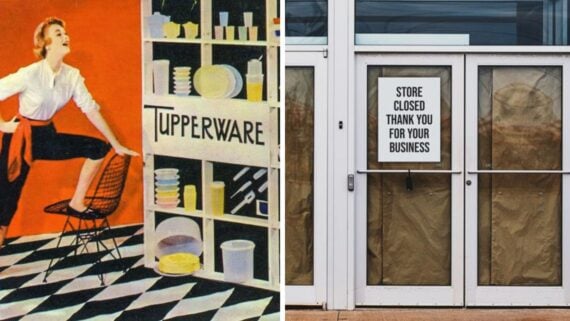There are certain companies we’ve gotten used to seeing in our towns or in the headlines, usually for acquiring new businesses or opening new locations.
But this year, more than a few of those high-flying businesses crashed and burned — and that’s no surprise, given that bankruptcies leapt by 16.8% last year. Here are the most high-profile bankruptcies this year — and some we still can’t believe.
Tupperware

Remember when there used to be Tupperware parties? No? Well, there may be a reason for that. While plastic containers were fun in the 1950s, sales slumped as the company tried to place their wares in retail stores. Using the Tupperware sales person faded in popularity (even when it was on-stage fun). The company filed for bankruptcy Sept. 17.
Big Lots
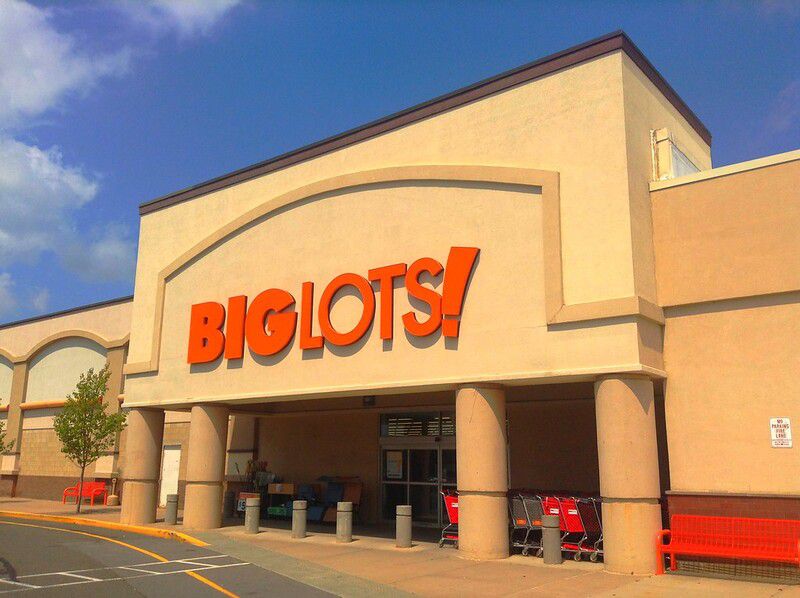
While Big Lots tried to recover from the dearth of shoppers during the pandemic, high inflation and interest rates killed most shoppers’ appetite for home and seasonal sites. They filed for Chapter 11 on Sept. 9.
Redbox
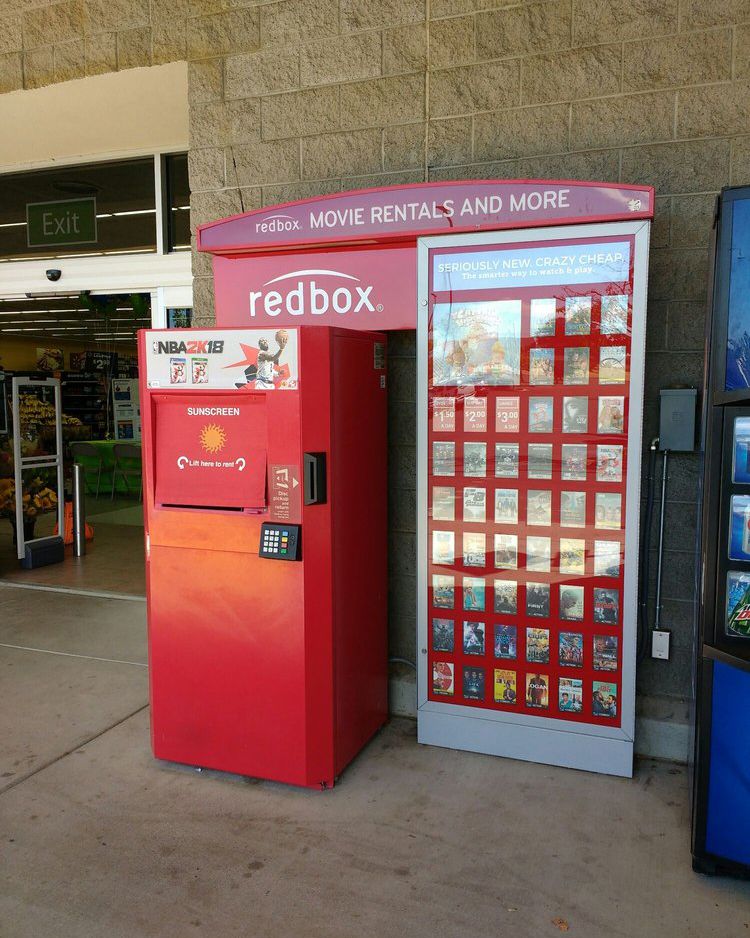
Chicken Soup for the Soul, which owns Redbox, can place the blame with streaming services. Thanks to high levels of debt and declining revenues, the company had no choice but to file June 28. The company struggled to maintain profitability and pay its employees and finally realized that Netflix and Disney+ were too tough to battle.
Rubio’s Mexican Grill
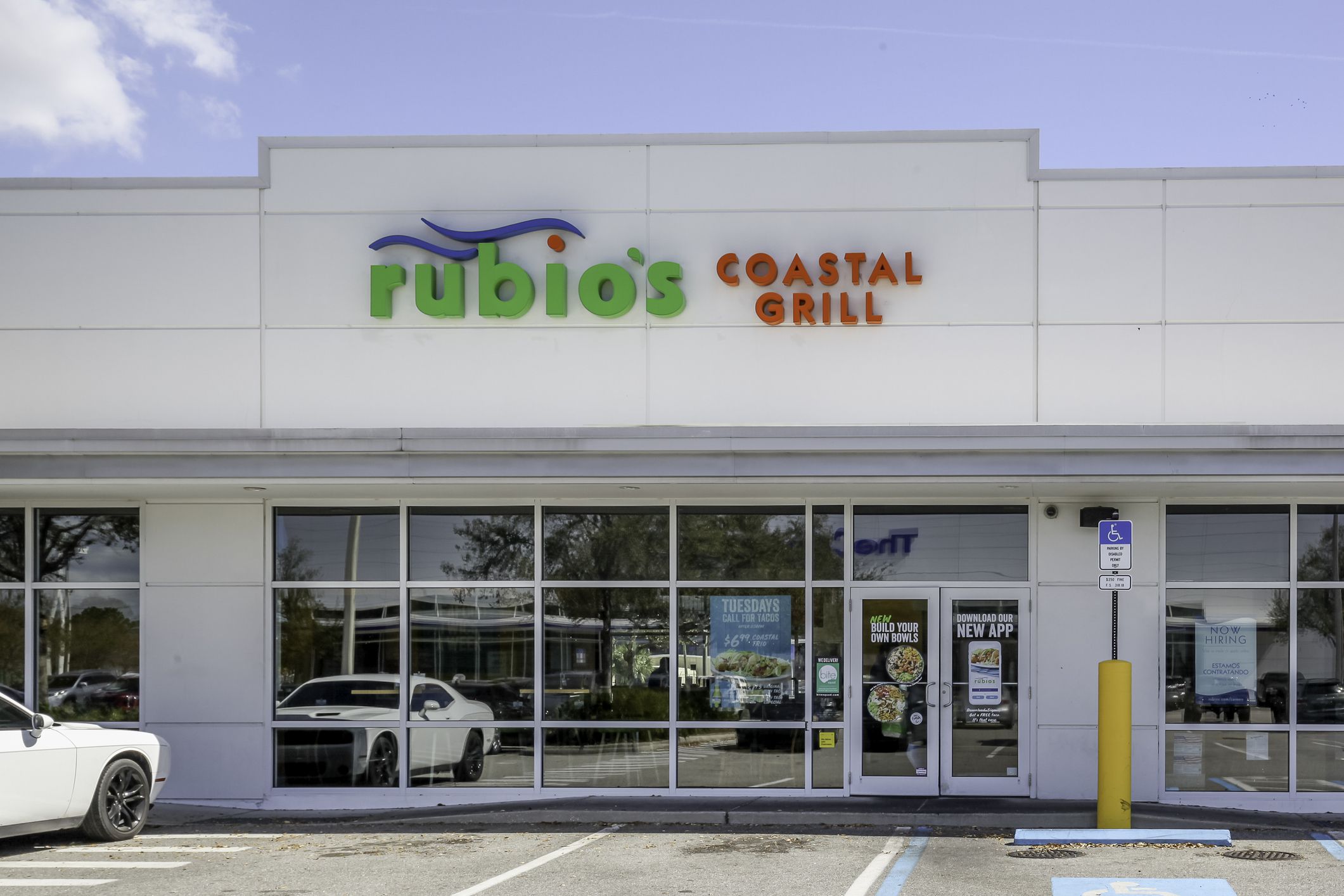
On June 5, Rubio’s holding company MRRC Hold Co. filed for bankruptcy. Although they once had a super shrimp taco, they’ve been battered by slumping sales, increased operational costs, and heavy debt.
Red Lobster
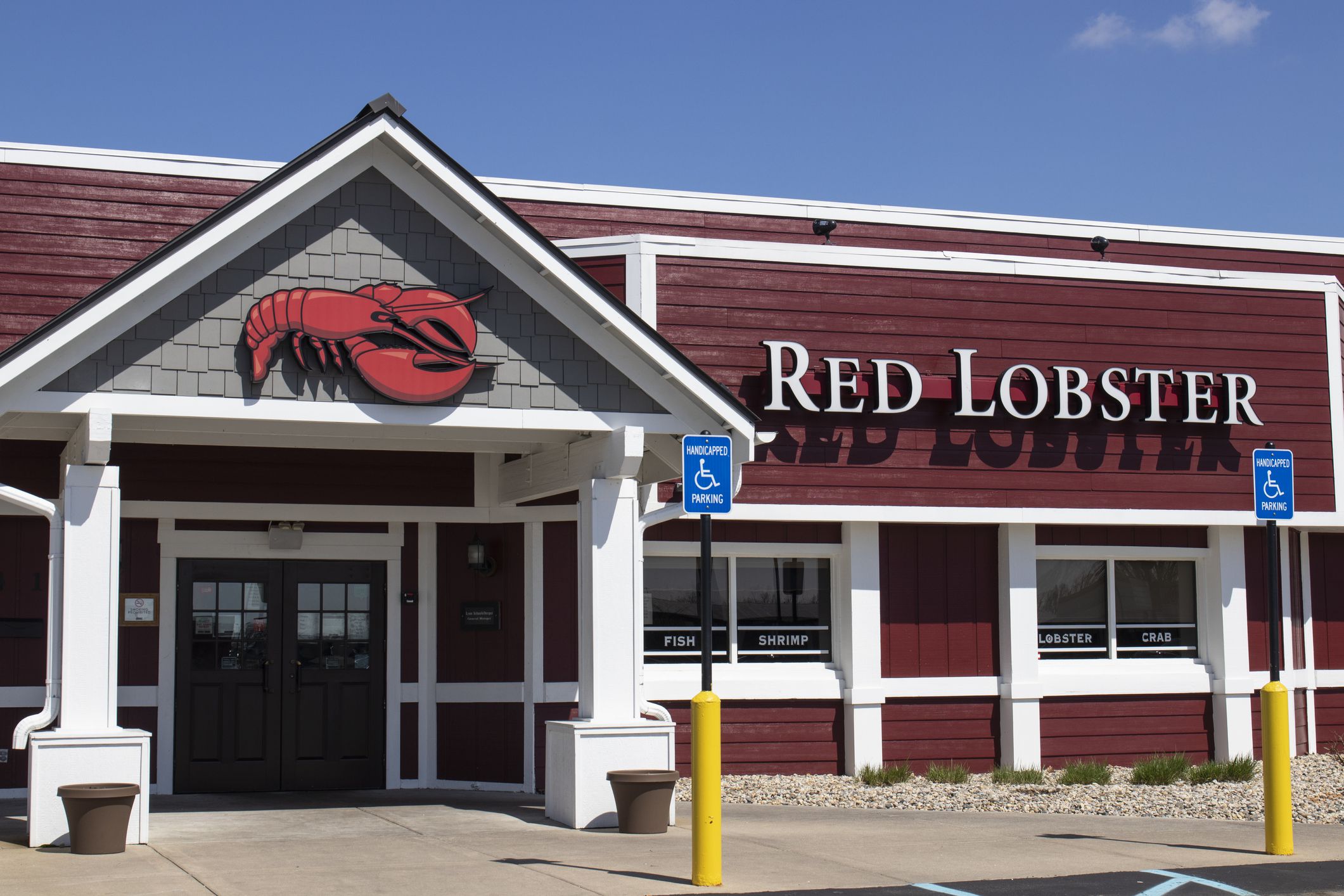
The full story is recounted in all its sad detail here, but that $20 endless shrimp deal was just part of the problem (albeit a big part). The store faced problems thanks to a truly dim choice to sell the land under Red Lobsters as part of a failed lease buy-back. The chain filed for bankruptcy on May 11. And yes, you can still get endless shrimp, but only on Mondays.
The good news is that the company is putting into motion plans to win back customers.
Trending on Cheapism
KidKraft

These are starting to sound similar, aren’t they? KidKraft filed for bankruptcy on May 10 due in part to the pandemic, as well as supply chain issues and slumping sales.
Rue 21

Since most people aren’t hitting the mall anymore (thanks, Amazon), this teen-oriented retailer was smacked with debt and slumping sales. A speedy turnaround on trends by Shein and Temu made it harder. The retailer filed for bankruptcy on May 2.
Rx Discount Pharmacy

After almost 30 years, this Kentucky-based chain filed for Chapter 11 on May 1. Mysteriously, no specific reason was given for the filing.
Sign up for our newsletter
Express

This one is just sad for anyone who remembers shopping at Express in the old, pre-internet days. Thanks to mounting debt and other retailers selling cute stuff, Express started to fade — and in March, it fell off the New York Stock Exchange. It wasn’t a big shock when, on April 22, the retailer filed for bankruptcy. But don’t shed a tear yet, it looks like bankruptcy may have saved Express and it could be poised for a revival.
99 Cent Only Stores
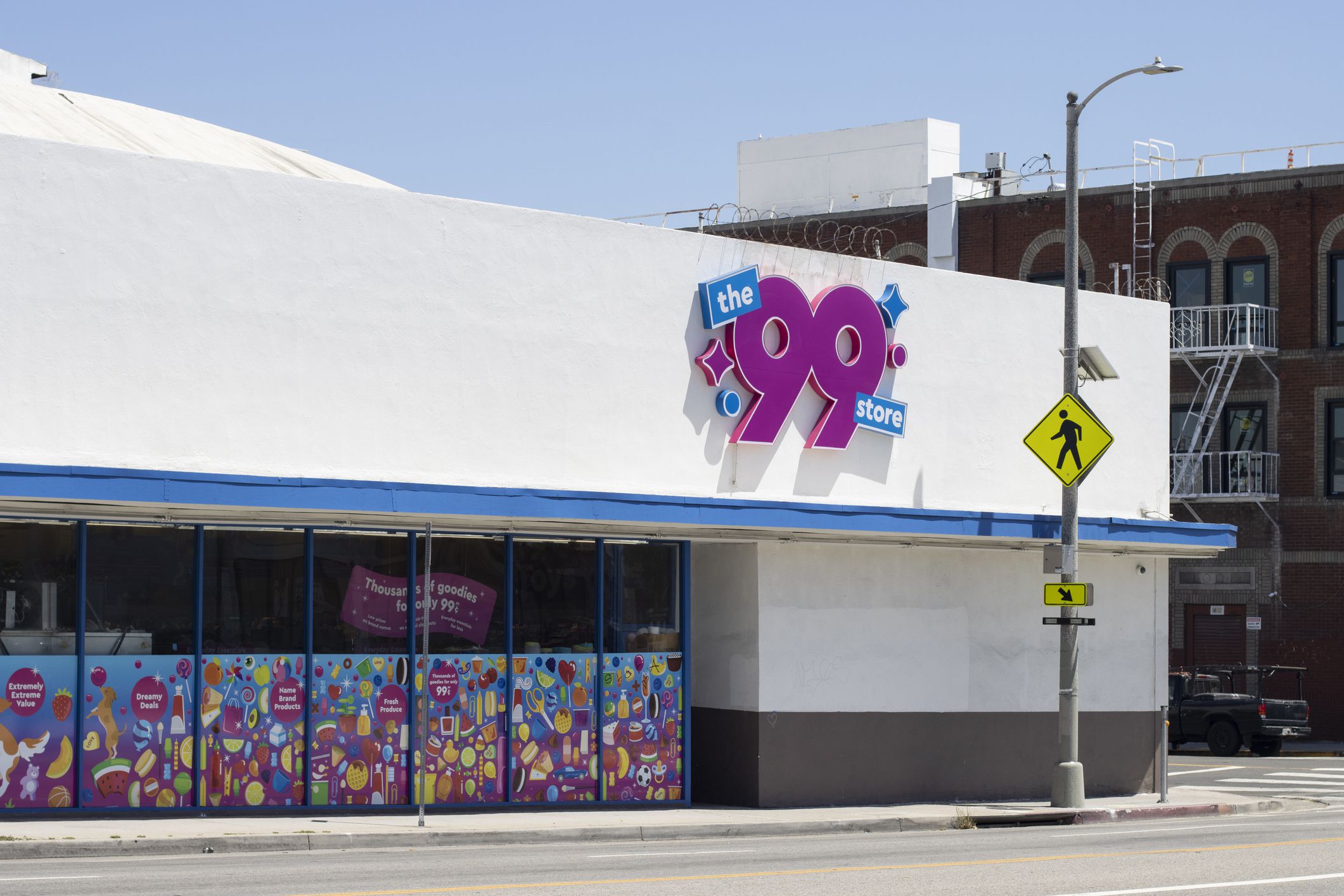
I can’t decide if I’m sad about this, honestly, as these places had plastic junk in every aisle but occasionally you could score something great. Thanks to the pandemic, the chain was smacked with slow sales and rising debt. While the brand filed for bankruptcy Apri 7, Dollar Tree stepped forward in May and announced it would buy hundreds of the chain’s existing locations. Yay?
Joann
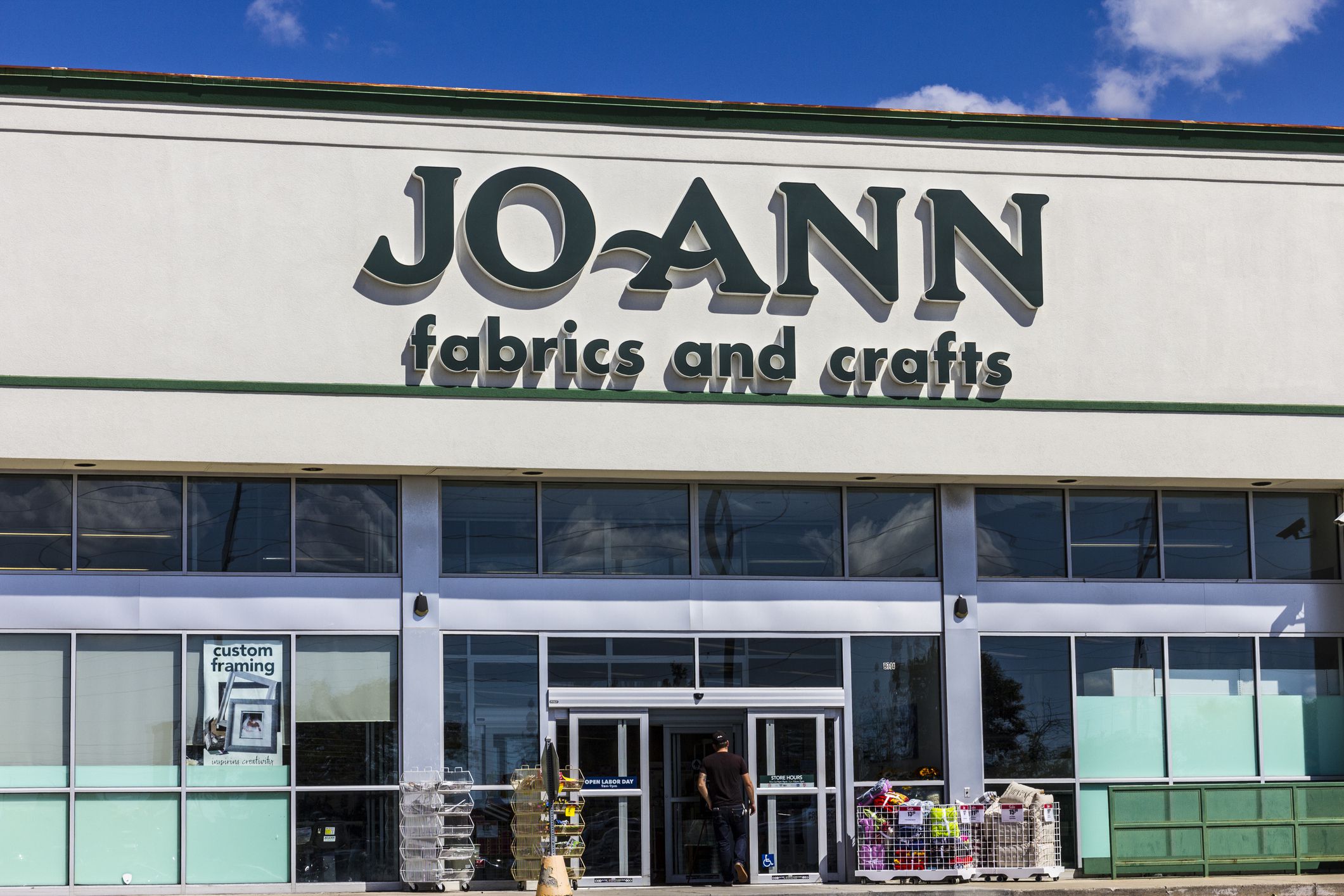
If you needed yarn or fabric, this was the place. Was is the operative word. Thanks to climbing debt and slow sales, the crafter filed on March 18. (Though it may not be the end as a judge has approved a restructuring plan to eliminate $505 million of debt and keep stores open.)
The Body Shop
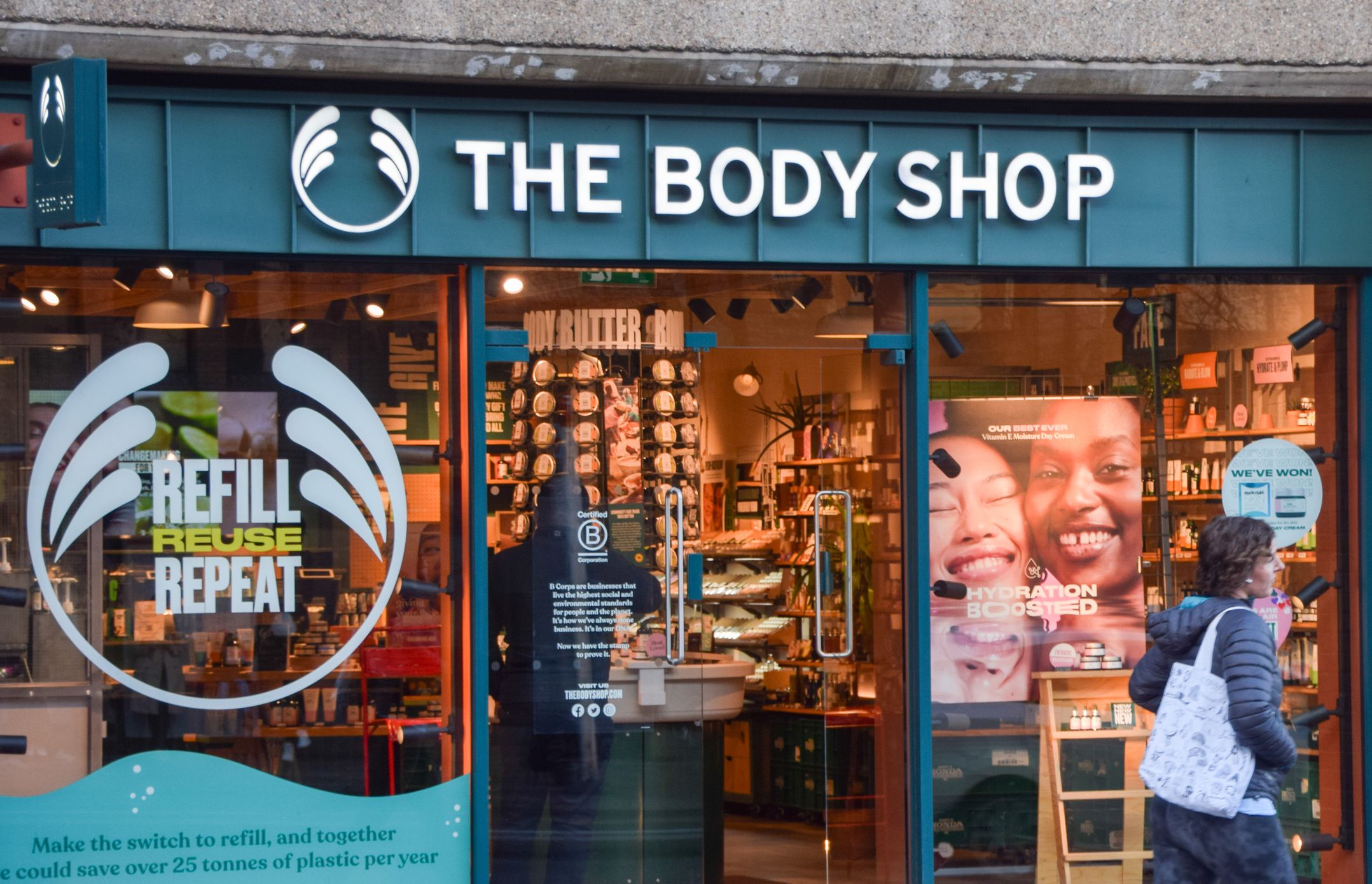
When you went to the mall (remember that?), you could always smell The Body Shop before you saw it. The US arm of the retail chain filed for bankruptcy March 9 due to slow sales and general money troubles. It filed for Chapter 7 bankruptcy, which is a “liquidation” bankruptcy that doesn’t require a repayment plan but does require the sale of some assets to pay creditors. We are betting some lotions headed out the door, pronto.
